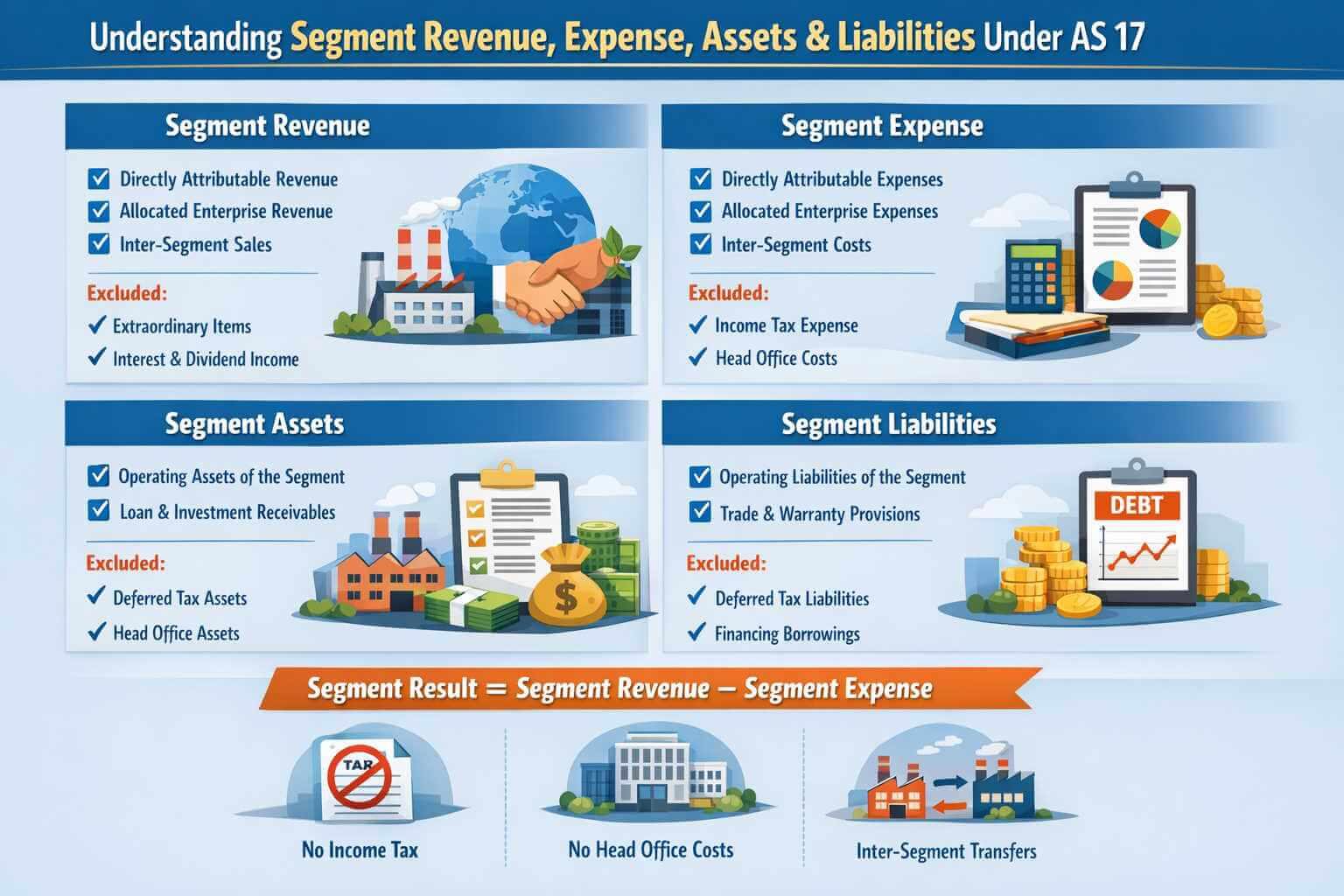Let’s break it down—knowledge is basically being familiar with or aware of something. Could be facts, skills, experiences, stuff you read, stuff someone told you, or just life teaching you a lesson. You get it by learning, by living, by messing up and figuring things out. It's not always from books or lectures—it comes from all sorts of places.
But here’s something worth thinking about:
“The real point of gaining knowledge? ”
- To get rid of wrong beliefs, bad ideas, and all that noise that holds us back.
Here’s Where We Often Slip Up
Knowledge is powerful, no doubt. It’s everywhere—free videos, articles, podcasts, mentors, you name it. But a common mistake people make is thinking just knowing something will lead to success.
You read a cool quote or watch a motivational video and feel like you’ve figured it out.
But… you haven’t. Not really.
“Knowledge and skill mean nothing unless they’re backed by the right mindset and consistent action.”
So if you’re wondering why things don’t change even after learning so much—it’s probably this.
Meet KASH: A Simple Way to Understand It
There’s this thing called KASH that explains how we move from learning something to actually living it without having to think too hard about it.
KASH = Knowledge, Attitude, Skills, Habits
- Knowledge – what you know
- Skills – how well you can do it
- Attitude – how you feel about doing it
- Habits – whether you stick to it without being pushed
The first two—knowledge and skills—come from learning. The last two—attitude and habits—are built through time, practice, and honestly, a bit of struggle.
Just knowing something and being good at it is not the full picture. You need to feel the right way about it and do it even when it’s hard or boring. That’s where most people get stuck.
Why We Don’t Perform at Our Best
Let’s be real—if you’re not hitting your goals, chances are one (or more) of these things is missing:
- You don’t know enough
- You haven’t built the right skills
- Your attitude and habits aren’t helping you
And this last bit—attitude and habits—that’s the tricky part. It’s not fun to hear, but that’s where a lot of people go wrong. You can know exactly what to do and still not do it.
That’s the gap. And that’s why KASH matters.
A Quick Recap (But From the Heart)
So yeah, to keep it simple:
- Knowledge alone won’t change your life.
- Skills help, but without attitude and habit, they fade out.
- Want real results? Build all four.
Also, a big one:
Information only becomes real knowledge when you actually use it.
Where Does Knowledge Even Come From?
It’s not just school or formal training.
You gain it from:
- Personal experiences
- Watching others
- Reading and listening
- Failing and trying again
It comes in bits and pieces, not all at once. And let’s not kid ourselves—it takes time, patience, and a genuine curiosity to keep learning. You’ve got to want it.
Honestly, learning how to learn might be the best thing you can ever pick up.
Last Thought
There’s no finish line when it comes to knowledge. You’ll always be learning, adjusting, unlearning too. The key is to take what you know, build the right mindset around it, sharpen the skill, and make it part of your everyday life.
That’s how you win.





